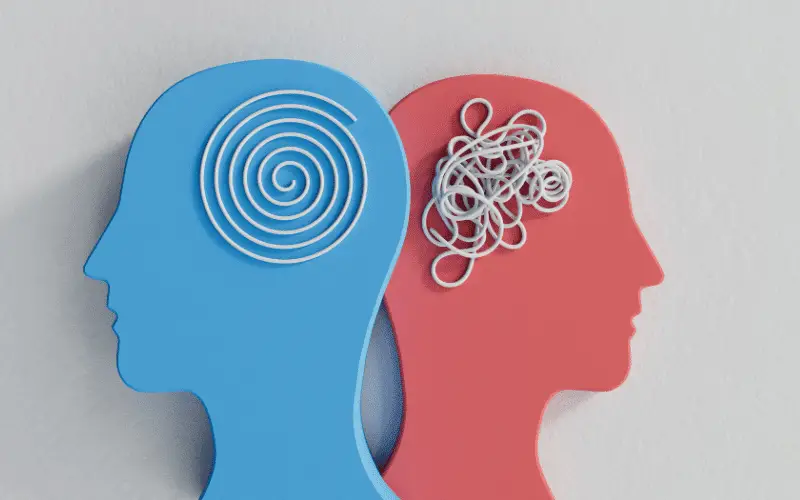Introduction: Unlocking the Mysteries of Frontotemporal Dementia

Neurocognitive disorders present an intricate maze of symptoms, diagnoses, and treatments, with frontotemporal dementia (FTD) standing out as a particularly perplexing condition. Also known as frontotemporal degeneration disease or frontotemporal neurocognitive disorder, FTD isn’t just a single health problem. It’s an umbrella term that includes a spectrum of disorders, making it a complex puzzle for the medical world to unravel.
The complexity of FTD, coupled with its wide-ranging symptoms, often makes it a chameleon of sorts, easily mistaken for other neurological or psychiatric conditions. Such misidentifications can lead to delays in proper treatment and contribute to the stress and confusion experienced by individuals dealing with these symptoms and their families.
Gaining an understanding of the early warning signs of FTD can be pivotal in helping address this condition promptly. To assist in this regard, this piece zeroes in on five notable early signs. More than just a simple checklist, these signs offer insight into the intricate nature of FTD and its manifestations.
Ultimately, the aim here is more than just understanding FTD. It’s about empowering you with the knowledge to distinguish these signs and potentially impact the lives of those navigating this challenging journey.
Sign 1: The Intriguing Shift: Behavioral and Personality Changes

A distinctive marker of the onset of FTD lies in the unanticipated transformation of an individual’s behavior and personality. A typically mild-mannered person might suddenly show impulsive tendencies or exhibit uncharacteristic indifference. The lack of restraint and a nonchalant attitude towards social norms can create an unusual persona that friends and family struggle to comprehend.
The abruptness and extent of these behavioral changes often unsettle those close to the individual. A formerly empathetic person might show signs of cold indifference or demonstrate unexpected rudeness. This deviation from known traits can create an emotional void for friends and family, leaving them feeling they’re dealing with a stranger.
It’s worth noting that these behavioral shifts aren’t limited to negative traits. An individual might suddenly develop an intense interest in a new hobby or show an unexpected appreciation for art or music. While these changes might initially seem like positive developments, they could be indicative of underlying neurocognitive changes.
The unpredictability that marks these behavioral changes can cause considerable distress. One day might be characterized by a surge of enthusiasm, the next by apathetic withdrawal. This oscillating pattern can be distressing for those caring for the individual, adding to the confusion and strain of managing this condition. (1)